Volkswagen Launches Smartwatch-Based Vehicle Controls
A new myVW integration lets drivers manage their cars right from their wrists — from starting the engine to monitoring EV charging.
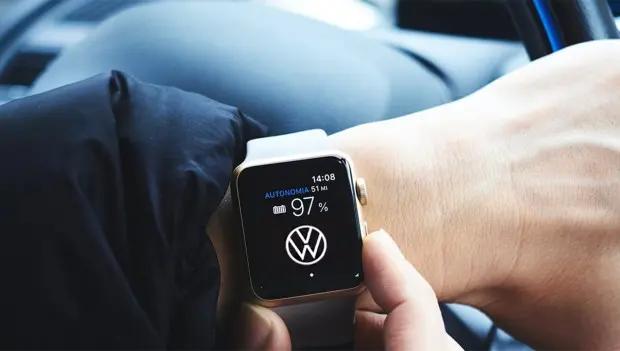
Volkswagen of America has announced a new smartwatch integration for the myVW app, allowing owners to control key vehicle functions directly from their wrists. The new feature supports both watchOS and Wear OS, giving users quick access to essential car capabilities without needing to pull out their phones.
The feature is available for most 2020 and newer models — both gas-powered and electric — as long as the vehicle is connected through an eligible plan. To enable smartwatch controls, owners must activate the myVW+ service through the mobile app and choose one of the available plans: Remote Access, Safe & Secure, or VW Vehicle Insights.
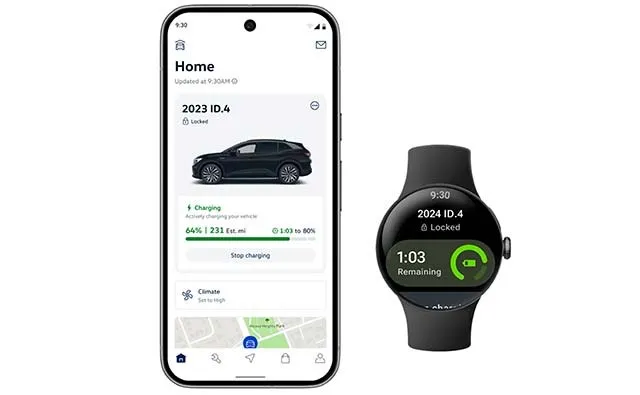
With a smartwatch, users can perform basic actions such as locking and unlocking doors, triggering the horn and lights, and checking vehicle and lock status. For internal-combustion models, remote start and stop (when equipped) and fuel-level monitoring are also supported. EV owners can manage remote charging, track charging status, and turn climate control on or off (when the vehicle supports the function).
According to Volkswagen, the number of myVW users has been growing since launch, particularly among EV owners who rely on digital tools to monitor charging and plan trips. Expanding support to smartwatches is described as a natural next step in developing the company’s connected-car ecosystem.
The technology doesn’t require any additional hardware — everything operates through the car’s existing connectivity channels and Volkswagen’s cloud services. The company says data security is ensured through multi-layer authentication and encrypted communication between the watch, the smartphone, and the vehicle.
You may also be interested in the news:
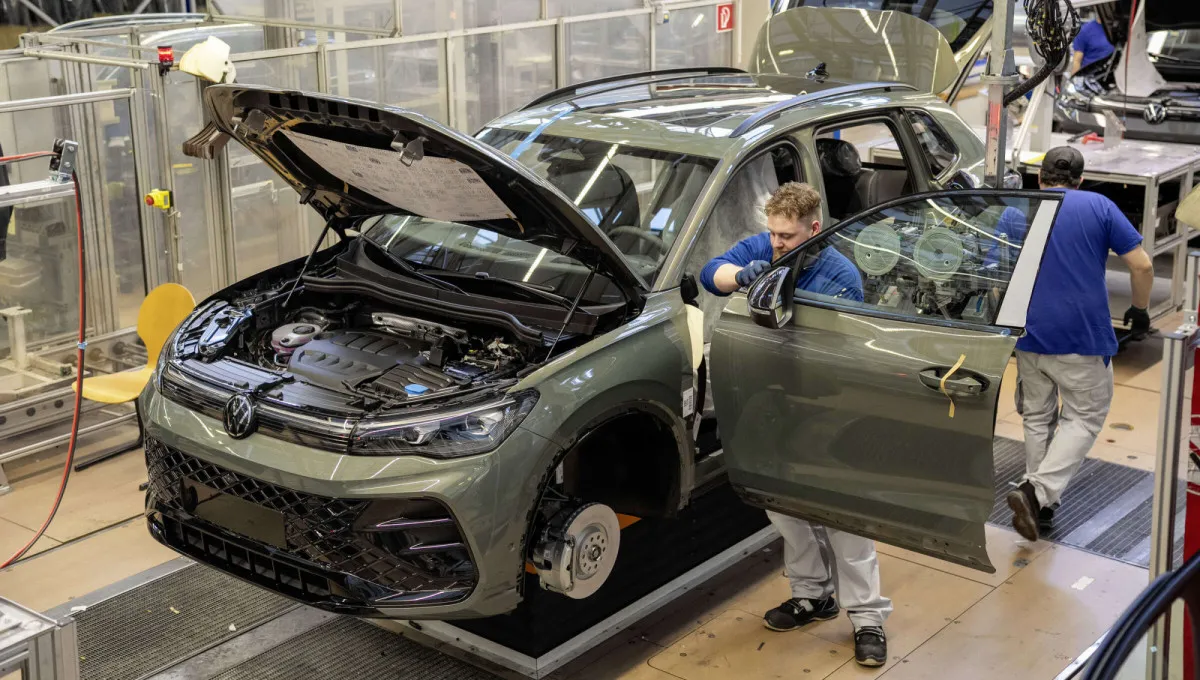
Volkswagen Group May Continue Job Cuts: Press Office Hints at Impact of U.S. Tariffs
Details of the new cost-cutting strategy have not yet been disclosed.
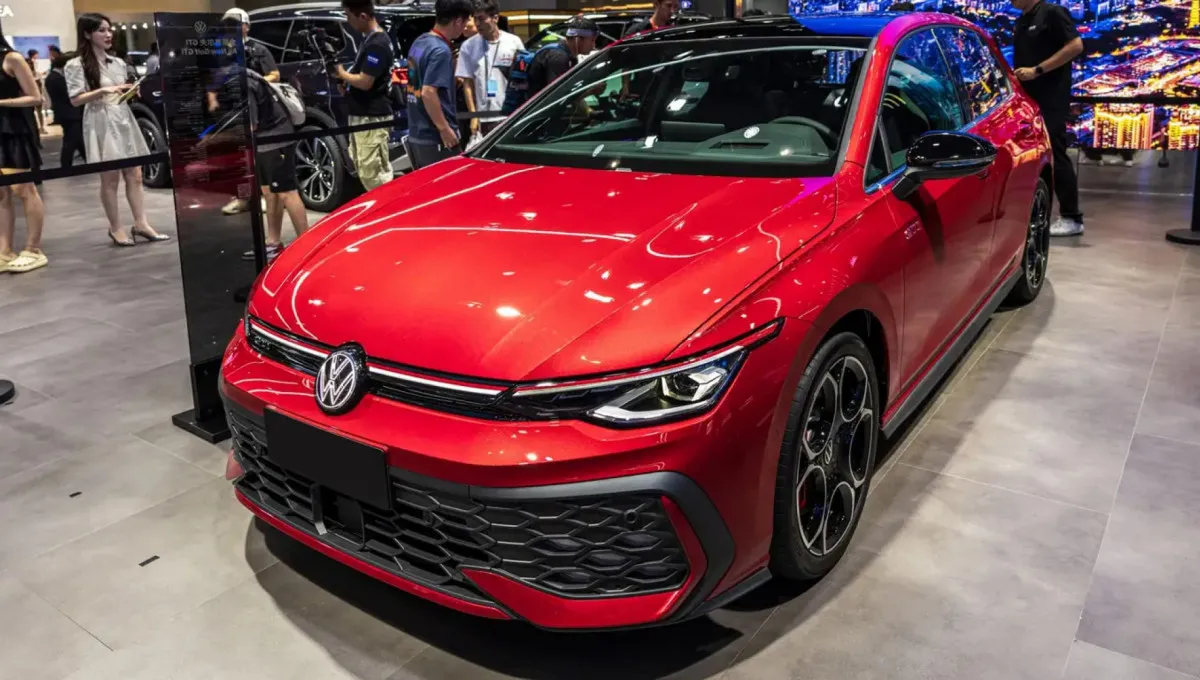
Volkswagen to Give Away a New Golf GTI to an Avid Gamer: Anyone Can Enter for a Chance to Win
Volkswagen is giving away a 2026 Golf GTI through an online game, with entries open until March 2.
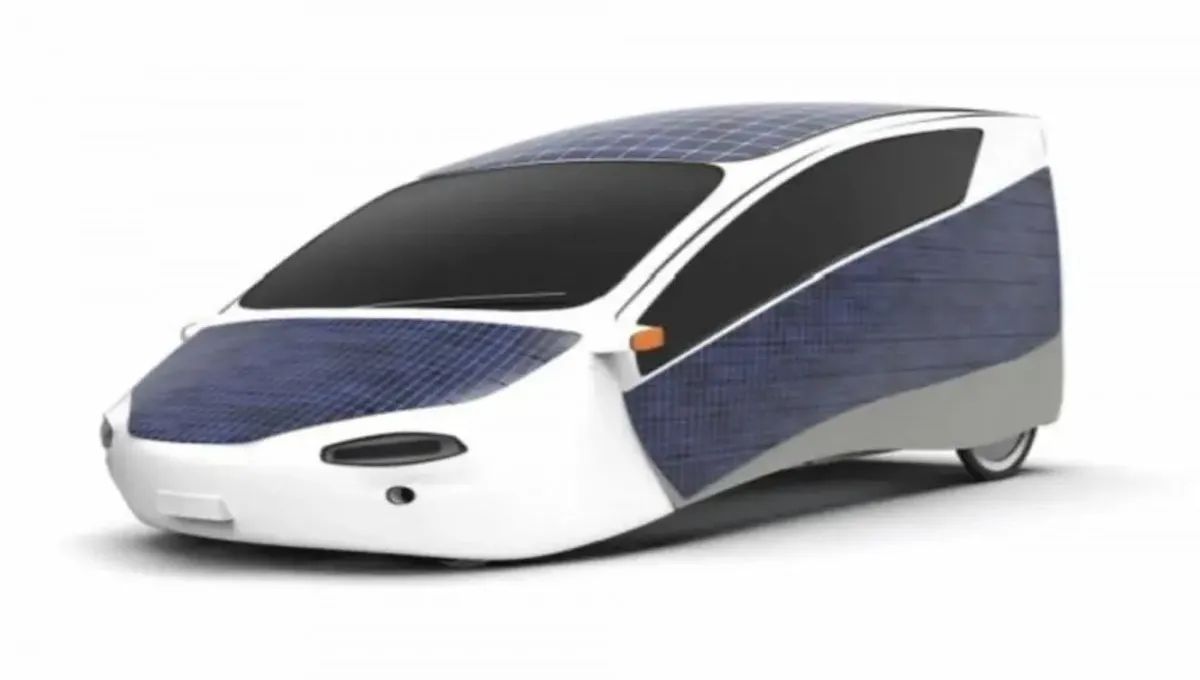
Revolutionary Solar-Powered Vehicle Is Born: Now I’ve Seen Everything!
A half-bicycle, half-car vehicle running on an alternative energy source has been invented.

An Awkward Moment for Volkswagen: Scout Project Costs Jump 50% Before Terra and Traveler Even Go on Sale
A couple of years ago, Volkswagen Group spoke confidently about bringing the Scout name back to the North American market. The plan seemed straightforward: create a standalone U.S. brand for electric pickups, SUVs, and 4×4s.
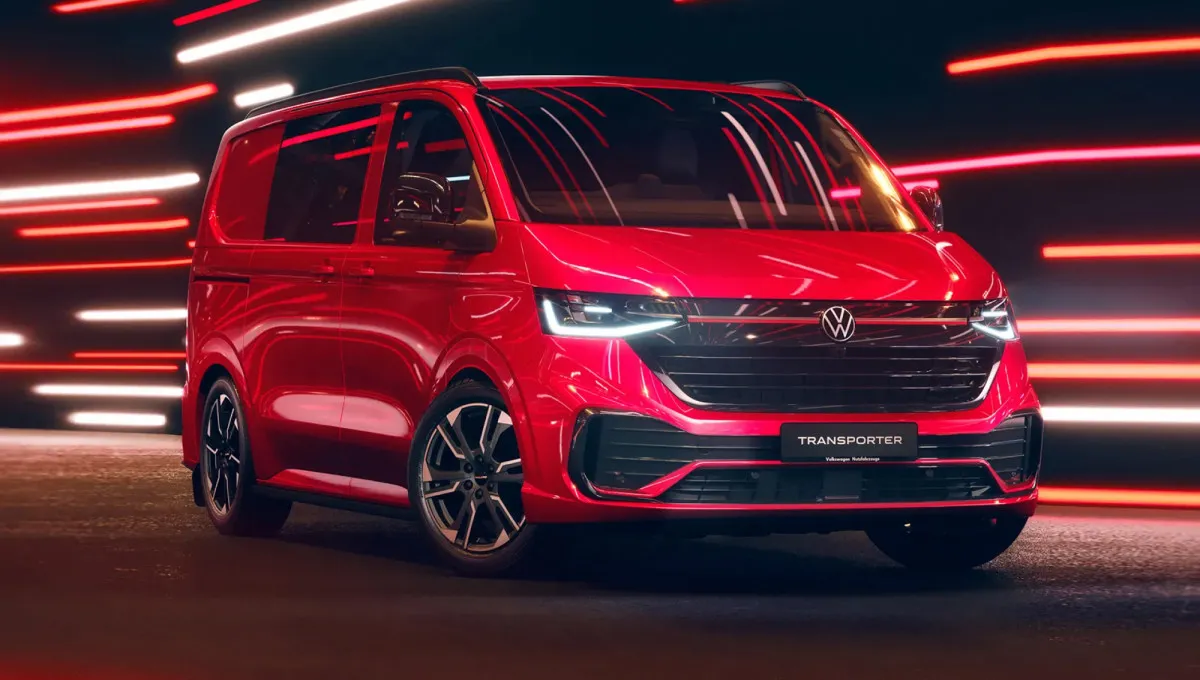
Volkswagen Launches Sporty Transporter Sportline Van: Diesel, PHEV, or Electric Power Standard
Volkswagen is making a serious push into the sporty commercial vehicle niche with the launch of the new Transporter in Sportline trim.